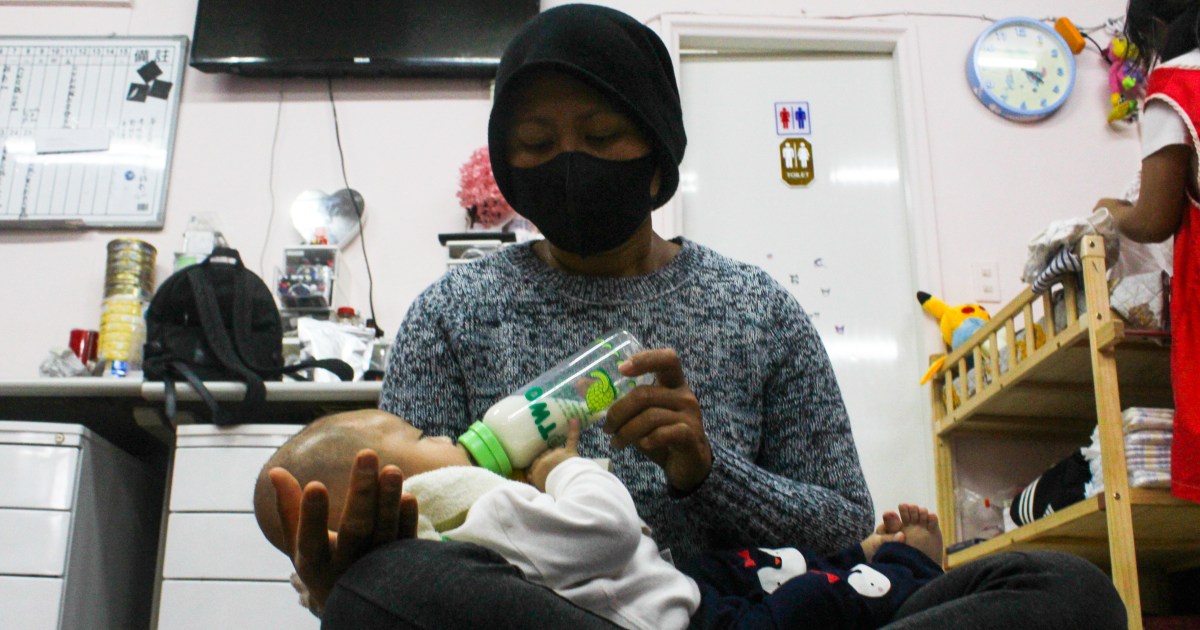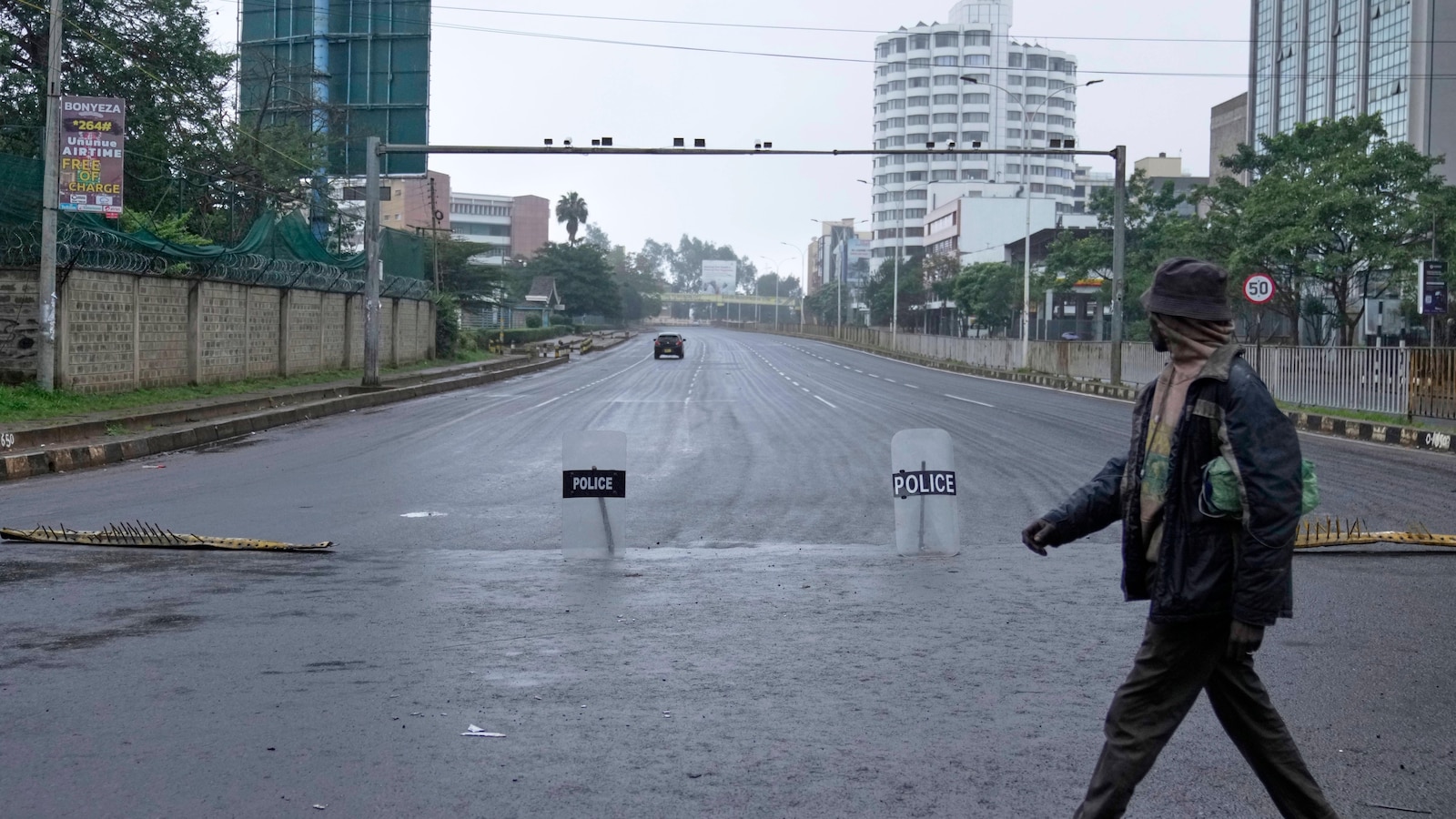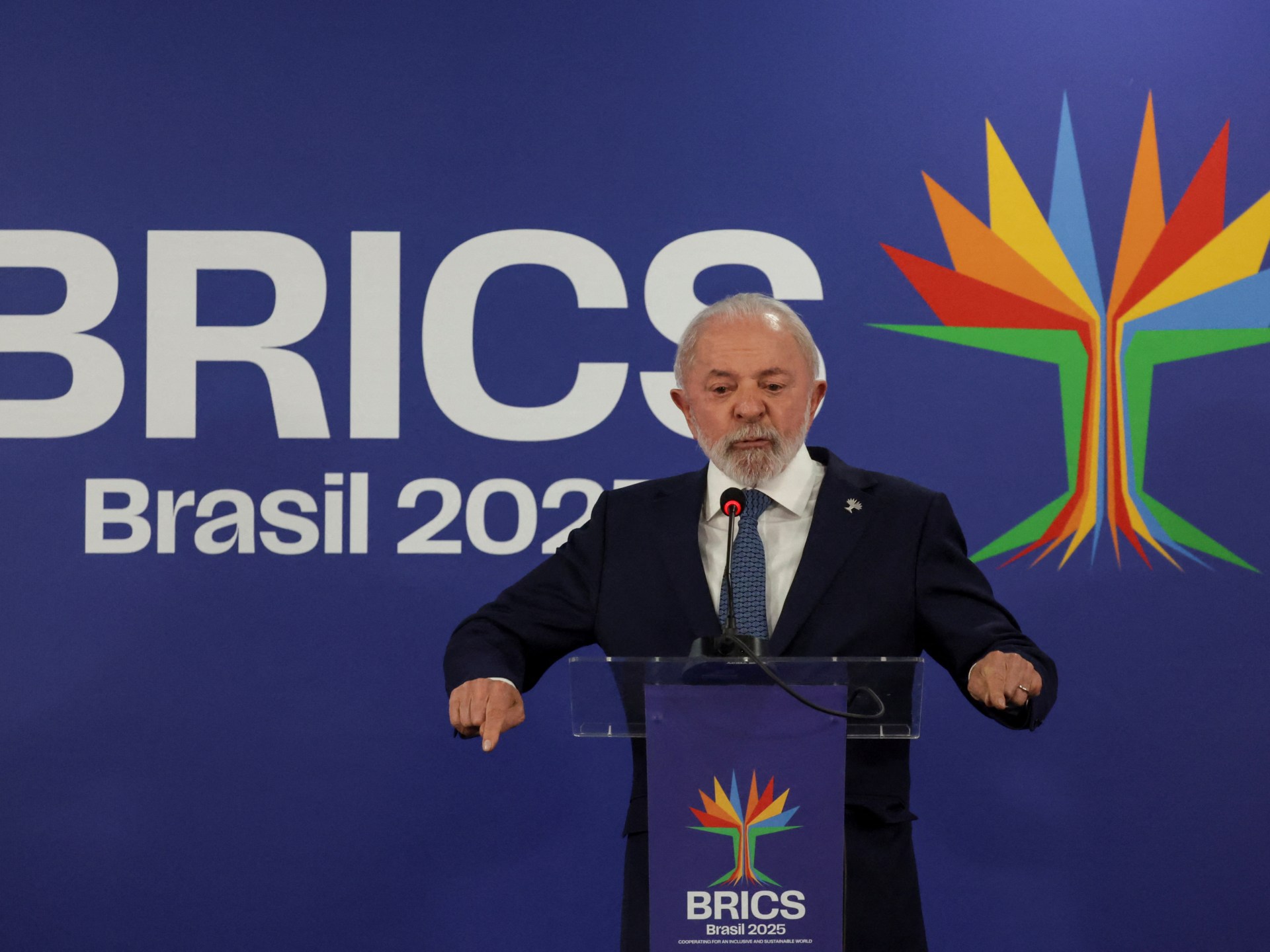Gaza City, Palestine – Aya Hassouna is thin with a pale face. Her eyes are red, and her voice is full of sadness.
She had a husband, Abdullah, and two children, four-year-old Hamza, and two-year-old Raghad. But as she returned with hundreds of thousands of other Palestinians to northern Gaza after months of displacement in the south of the enclave, she was travelling alone.
Abdullah, Hamza and Raghad were killed in an Israeli attack on August 9, as they prepared for a day trip to the beach, an attempt to escape the daily horrors of the war.
Aya described a strong explosion, smoke, and then her children lying dead on the ground with blood pouring from their heads.
Abdullah, who had earlier gone to buy ingredients for a cake and some snacks for the beach, was dead too.
“Since that time, I have been trying to be strong. I am trying to endure the separation,” Aya said. “But everything around me reminds me of them.”
Her journey back home to Gaza City’s as-Saftawi neighbourhood last week, as part of the ceasefire agreement between Israel and Hamas, had many of those painful reminders. Abdullah had been desperate to go back home. He’d already set aside the clothes he would wear for the journey. She took her husband’s outfit with her on her long walk north, as well as those of her children. And she walked, alone.
“Sadness was eating away at my heart,” Aya said. “Sometimes I cried. I looked at the families walking together, a mother, a father and their children. As for me, I was alone without any of them.”
Aya arrived at her family’s home and reunited with her mother, but she is not sure how long the journey took. Her mind was preoccupied with the heartache of the losses that still haunt her.
Soon after, she decided to go and see whatever was left of her house, which had been destroyed during the war. As she searched through the rubble for any of their old belongings to keep as memories, she found herself imagining searching for her lost loved ones, and finally finding them again.
“What can I do? This is my fate.”
The dutiful son
So many of those returning to Gaza’s north have had to go through the same pain as Aya, returning home, but without their loved ones.
Israel’s war on Gaza has killed more than 61,700 Palestinians, including more than 17,400 children.
Jawaher Shabeer’s son, Walid, was one of those killed. They fled Gaza City together at the start of the war, moving to Rafah, in the far south of the Strip.
Walid was Jawaher’s eldest son. He was 26 and “dutiful and affectionate”. It was that love for his mother and his family that led to Walid leaving the family’s tent in Rafah at the end of Ramadan in April last year, trying to find work to alleviate the famine-like conditions the family were living through.
“He found work with one of his friends near Khan Younis,” Jawaher said. “He promised that he would return with okra to cook.”
But Walid didn’t come back. Jawaher was told that he had been shot by the Israeli army in Khan Younis.
The month passed heavily on Jawaher’s heart. She says she lost the ability to speak. Instead, in her mind, she pictured Walid, imagining his return.
Jawaher made her own return to the north with the rest of her family. But before she left, she would make one last stop to visit Walid’s grave.
“I cried over Walid,” Jawaher said. “How would I go back without him? How will I meet my daughters and granddaughters in Gaza City without Walid, that kind young man, that companion of mine.”




Leave a Comment